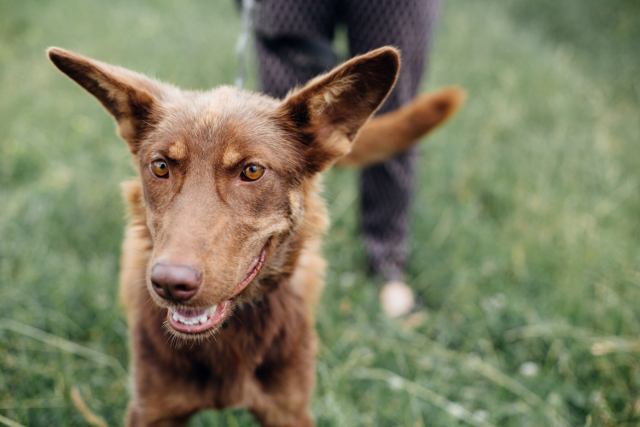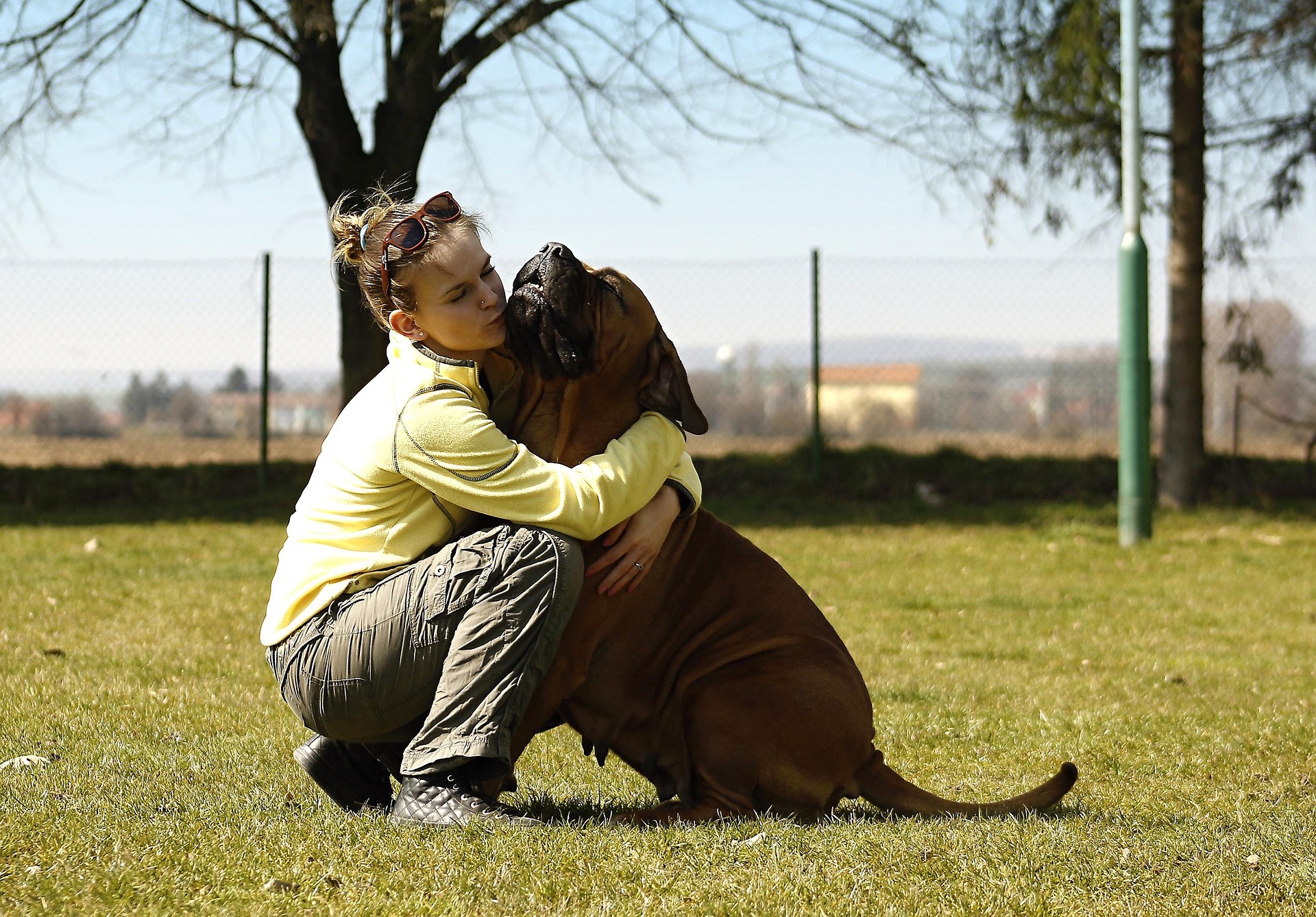Along with their keen noses, dogs are known for having excellent hearing. Most dogs have a hearing range of up to 45000 Hz, which is 25000 higher than humans. This unique ability is one of a dog’s greatest assets. And when you consider that dogs are one of the few animals that can understand simple human speech, this sense becomes even more remarkable. However, dogs can develop hearing loss just as humans do, particularly in their senior years.
What causes hearing loss in dogs?
There are a number of possible reasons for dogs to become hard of hearing, and most of them apply to people as well. Some of the reasons for dogs to develop hearing loss are:
- Inflammation in the ear canal
- Ruptured eardrums caused by inflammation deeper within the ear
- Trauma to the bones surrounding the ears
- Very loud noises in close proximity
- Complications with some drugs
These are some of the reasons for dogs to lose their hearing, but in the majority of cases with senior dogs, hearing loss is due to factors such as decreased sensitivity of the hearing apparatus, nerves, ear drums, etc.
Like humans, hearing loss doesn’t happen to dogs overnight. It’s usually a gradual process, and one that you might not be able to see right away. However, the sooner you spot possible signs of hearing loss in your dog, the sooner you can get them to your veterinarian to be properly assessed, diagnosed, and potentially treated. These are the top six signs of hearing loss in dogs to look for in your pet.
1. Ignoring people
This is often the first sign for dog owners that there’s something wrong with their pet’s hearing. Trained dogs respond to their name and to basic commands, (sit, come, lay down, etc.) so if you notice your dog not immediately responding to your vocal cues when they normally would, it might be more than just the cold shoulder. Bring your dog to have their hearing checked by your veterinarian as soon as possible if you notice them seemingly ignoring you.
2. Confusion
Dogs that are losing their hearing may seem confused by their surroundings, even if it’s somewhere they’re familiar with. If your dog seems disoriented or uneasy around the house, it could be due to a handful of causes, one of which is hearing loss. Have your veterinarian examine your pet as soon as possible if you notice them acting uncharacteristically confused at home.
3. Not noticing exciting sounds
If you’ve ever so much as accidentally rustled a bag of dog treats on your way to grab something, you know how keenly a dog can listen. If your dog is no longer responding to sounds that used to elicit a reaction from them, whether it’s something exciting like a squeaky toy or something scary like the doorbell or vacuum cleaner, it could mean your dog is having a difficult time hearing.
4. Heavier sleep
If your dog is sleeping more soundly than they used to, it could be because they’re not hearing the world around them. Usually, dogs are fairly easy to wake – often all it takes is walking into the room they’re sleeping in. However, if you find that your dog is sleeping through noises that would normally wake them up, if you’re having a difficult time waking them without touching them, or if you notice your dog being startled when you do manage to wake them, it could be a sign of hearing loss.
5. Excessive barking
Dogs that are experiencing hearing loss may bark more constantly than dogs with full hearing. In some cases, this might be caused by anxiety and frustration from not being able to hear. They also won’t be able to know how loud they’re barking, which can lead them to keep going. On the other hand, dogs with poor hearing may start barking when they see something exciting (such as a squirrel on the lawn, another dog, or someone on your property), just like any other dog. The only difference is that you won’t be able to verbally tell your dog to stop, which can lead to them continuing. Excessive barking isn’t always a sign of hearing loss, but it can be a symptom to be on the lookout for.
6. Unusual head movements
Dogs who are starting to lose hearing may shake or tilt their head in unusual ways to compensate for their inability to hear properly. This is less common in dogs who are fully deaf, but it can be a sign of your dog’s hearing starting to go, or of hearing loss in just one ear. Pay attention to the way your dog moves their head and ears in reaction to noises; a dog with hearing loss may appear to be almost straining to hear, much like a human would.
Caring for a dog with hearing loss
Looking after a dog with an auditory impairment can be more difficult and involved than caring for a dog with full hearing. It can be hard or impossible to communicate with them verbally, forcing dog owners to take different approaches. Many dogs are capable of learning visual signals such as hand gestures, and tools like vibration collars exist to help people (painlessly) communicate with their deaf dog. However, the number one way you can take care of a dog with hearing loss is to ensure they’re being frequently assessed by a trusted veterinarian. It’s not always easy to identify hearing loss on your own, but time is of the essence if you do manage to notice it. In the case of inflammation and blockages, hearing loss can even be treated by a veterinarian if it’s caught early enough.
Even if your dog is simply losing their hearing as they get older, your veterinarian can still help you to adapt to their new lifestyle. They’ll assist you with finding tools and resources to help your dog out, and make recommendations for techniques that will make life more comfortable for both of you.
Creative Commons Attribution: Permission is granted to repost this article in its entirety with credit to Hastings Veterinary Hospital and a clickable link back to this page.






